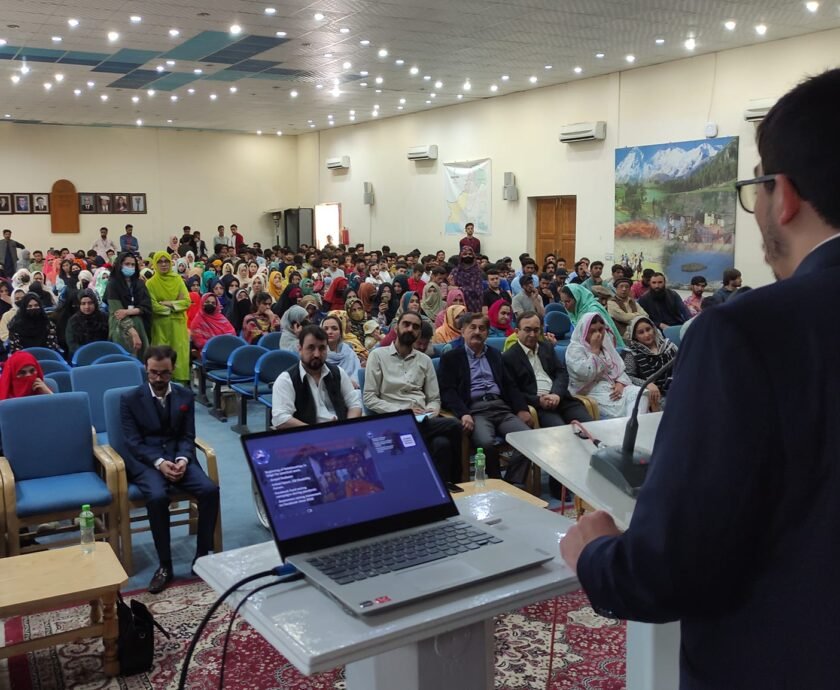Introduction
Many people engage in the habit of smoking, releasing smoke into the air. Over time, the use of vapes and e-cigarettes has become so widespread in the West that it seems almost universal—young kids, teenagers, and older adults alike participate in this trend. While the act of smoking may seem harmless or insignificant to the larger world, the underlying reality reflects a different story.
For disabled individuals, the metaphorical “smoke” of this behavior symbolizes neglect. The act of smoking—releasing vapor or smoke into the air—serves no purpose beyond satisfying an individual’s craving. It mirrors the way society often overlooks the needs of disabled people, doing little to address structural barriers or create meaningful change. In this sense, just as smoking into the air is an unproductive habit, societal inaction can be similarly ineffective in tackling disability issues.
At its core, smoking and vaping are addictive behaviours driven by a craving for nicotine. Addiction can distract people from actively engaging with broader issues, including supporting those who are disabled or differently-abled. When energy is channelled into habitual, self-serving actions like smoking, it leaves little room for reflection on collective responsibility or making an impact in areas that truly matter, such as fostering inclusivity or advocating for marginalised groups.
In essence, this comparison highlights how ingrained habits—whether it’s smoking or societal indifference—can perpetuate cycles of neglect.
To break free from this, society must confront its “addiction” to complacency and instead channel its energy toward empowering and supporting those in need, such as the disabled community.
The act of doing but not saying
The Overlooked Needs of Disabled People Amid Societal Distractions
Disabled individuals face a daily struggle for visibility, resources, and inclusion. However, their needs are often overshadowed by societal behaviours and issues that, while significant in their own right, divert attention and energy away from creating systemic change
- The False Prioritization of Personal Habits Over Collective Responsibility:
Smoking, vaping, and similar habits symbolize how individuals often focus on immediate gratification or personal coping mechanisms rather than broader, more pressing societal issues. Similarly, governments and communities may prioritize addressing high-visibility concerns, like smoking-related health campaigns, while sidelining efforts to improve accessibility, promote disability rights, or reduce barriers for disabled individuals. For instance, while anti-smoking campaigns receive widespread funding and support, many disability initiatives remain underfunded and underrepresented in public discourse. - Distraction Through Debate:
Controversial issues like smoking, vaping, or other health-related behaviors dominate public debate, consuming resources and attention that could otherwise be directed toward neglected groups. For example, while legislative bodies argue over e-cigarette regulations, policies ensuring workplace accessibility or funding for disability-inclusive education languish in bureaucratic limbo. These distractions not only delay progress but also signal to disabled individuals that their concerns are not a societal priority. - The Cost of Neglect:
The financial burden of addressing smoking-related health issues is enormous, yet disability advocacy often struggles for funding. This reflects a systemic imbalance: resources are poured into mitigating self-inflicted problems like smoking while preventable barriers for disabled people—such as inaccessible infrastructure or lack of employment opportunities—are ignored. The societal cost of neglecting disability rights is immense, leading to increased dependency, unemployment, and healthcare costs for disabled individuals, which ultimately burdens society as a whole. - Reinforcement of Marginalization:
When issues like smoking dominate societal focus, they reinforce the marginalization of disabled people. The message is clear: issues impacting able-bodied individuals are deemed more urgent or important than the fundamental rights and needs of disabled people. This perpetuates cycles of exclusion, as the societal narrative consistently places other priorities above inclusivity and equity for disabled communities. - Breaking the Cycle of Neglect:
Just as smoking cessation requires intentional action to break an addictive cycle, addressing the neglect of disabled people requires a collective shift in priorities. Society must move away from reactive problem-solving, which addresses visible issues like smoking, to proactive inclusivity, which tackles the invisible struggles of marginalized groups. This shift demands a reallocation of resources, greater awareness, and a commitment to making disabled people a focal point of policymaking and societal discourse.
A Call to Action
The focus on issues like smoking symbolises a more profound truth about society’s complacency—an addiction to maintaining the status quo rather than confronting harder, less glamorous challenges like disability rights. To truly foster an inclusive society, we must challenge this complacency and redirect our collective energy and resources toward empowering disabled individuals.



